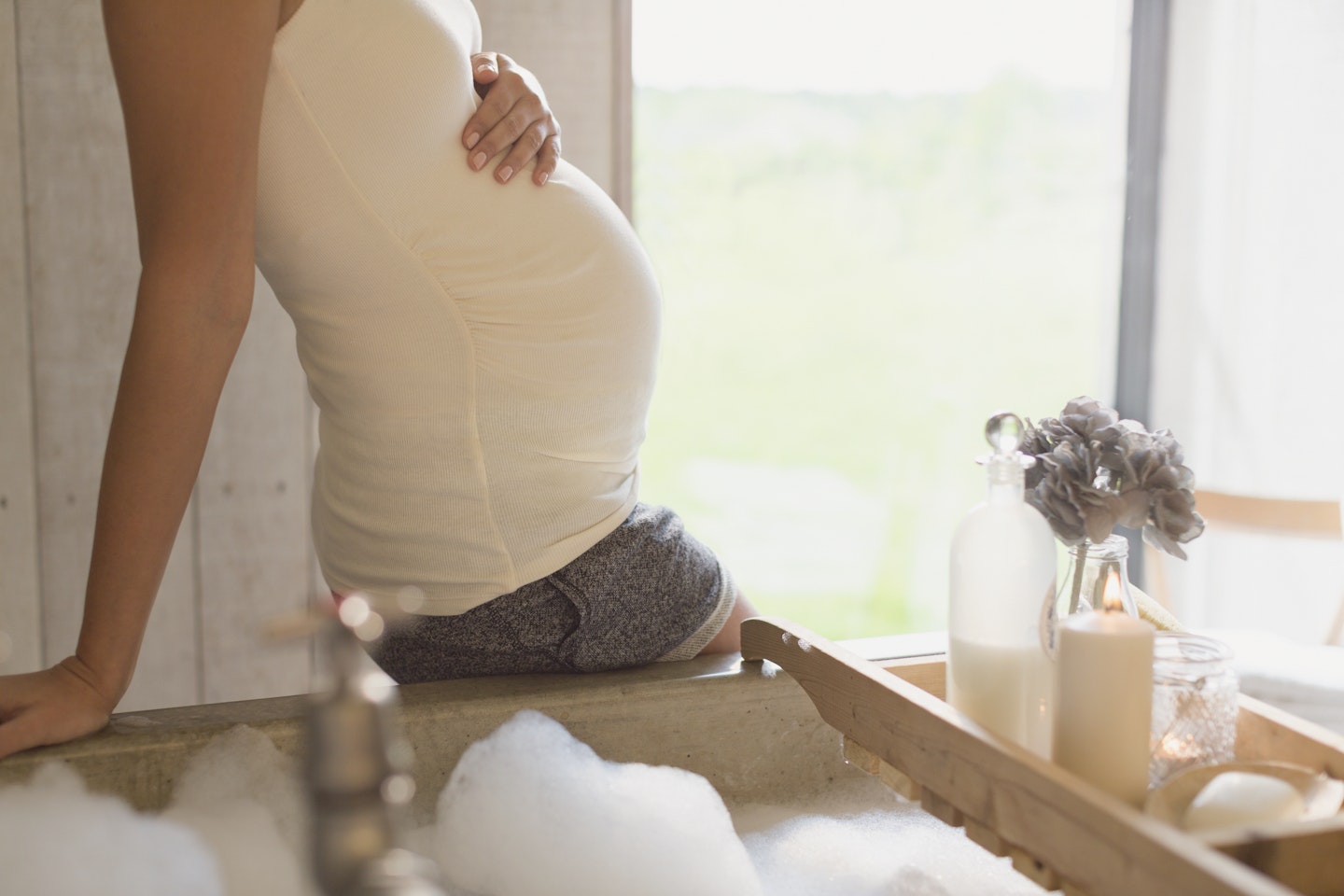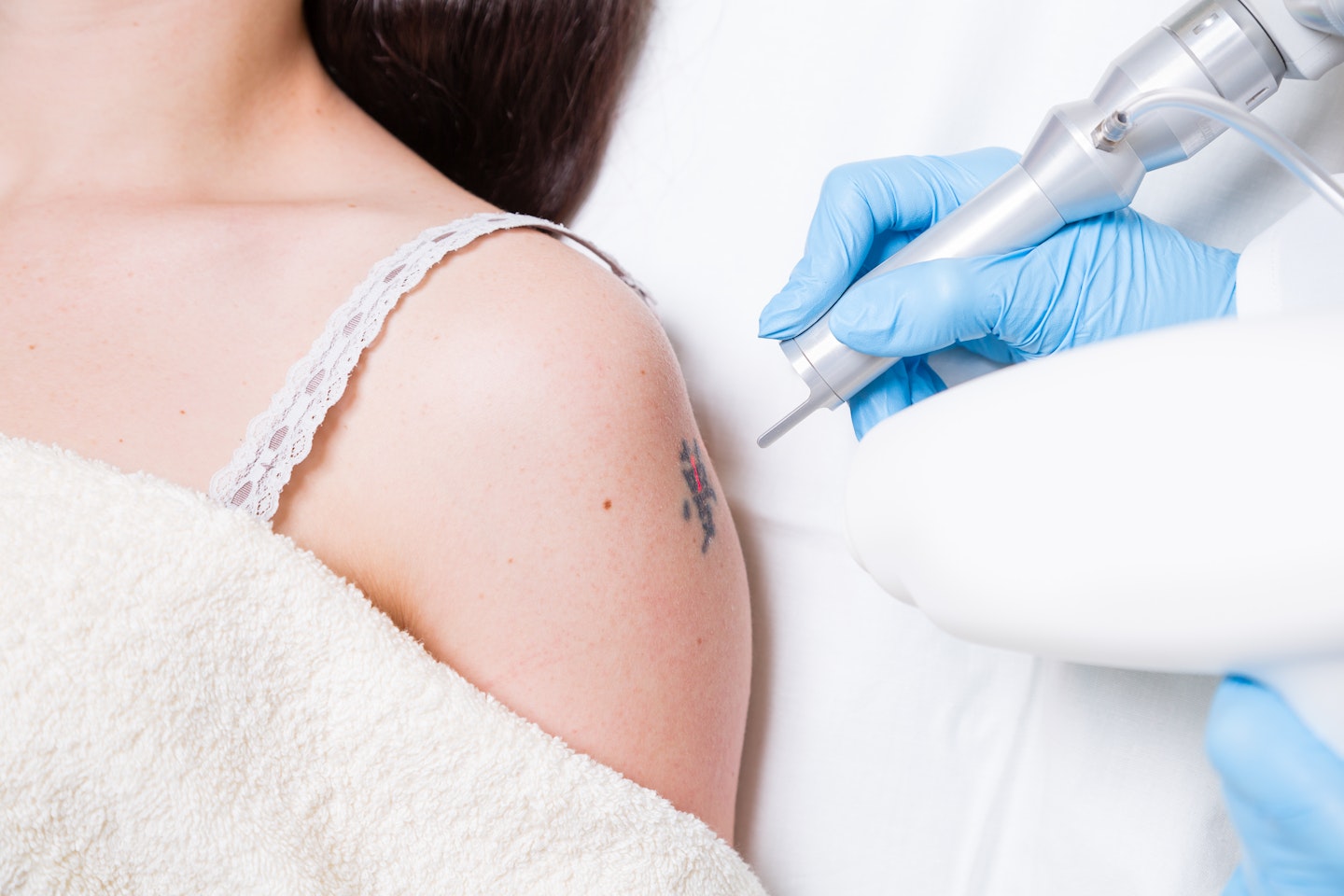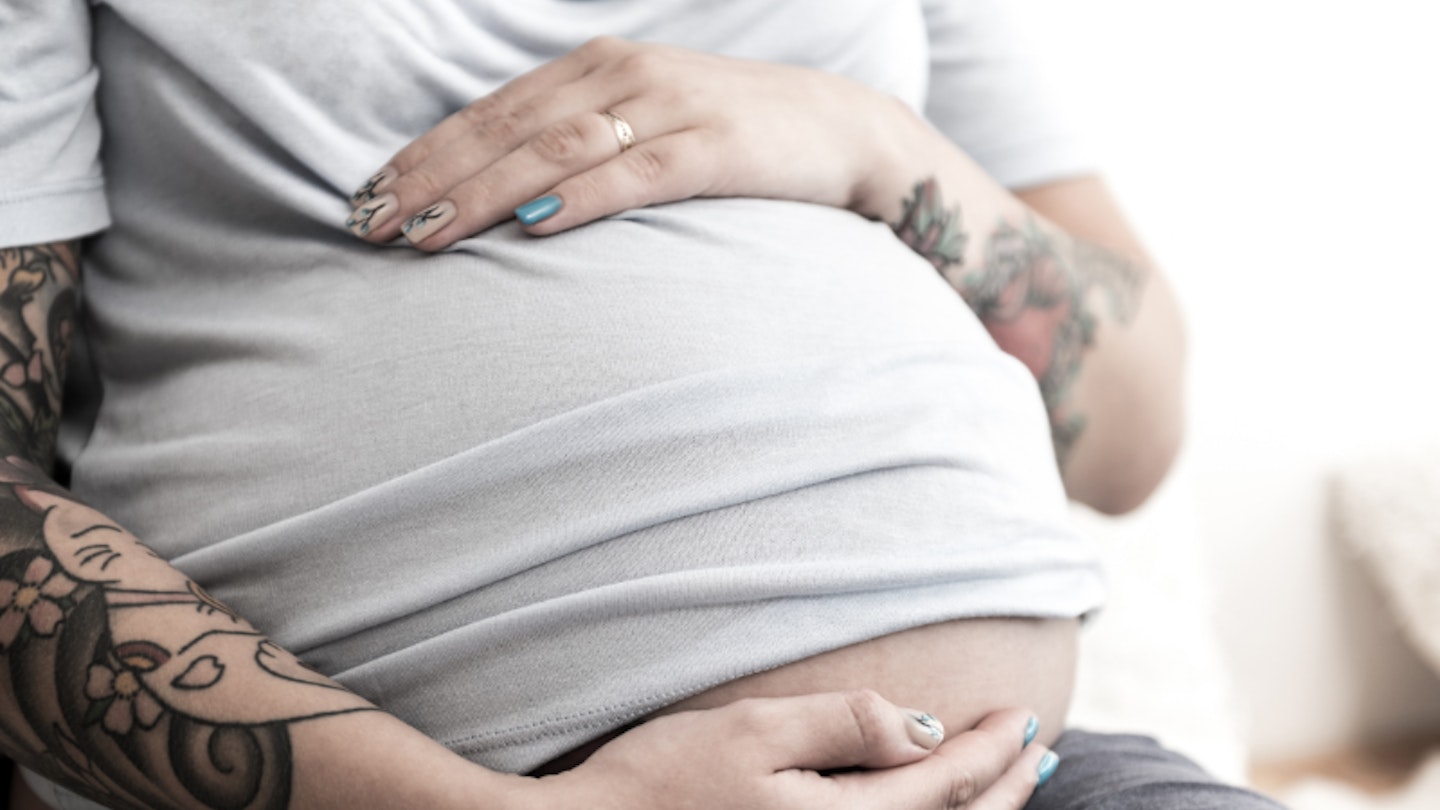Now that you're pregnant, you'll be making some small adjustments to your current lifestyle to ensure you have a healthy pregnancy.
Stopping smoking and giving up alcohol improves your health and gives your baby the best start in life, but it's also advised to resist from getting any tattoos any time soon.
Can I get a tattoo when pregnant?
Getting a tattoo while expecting heightens the risk of carrying blood-borne viruses. From using a dirty needle, this can pass viruses onto your baby during or after pregnancy.
The potential viruses include HIV, Hepatitis B, and Hepatitis C.
Although the risk is small and the effect that inks and dyes might have on a developing baby is unclear, the NHS says getting a tattoo while expecting is not advised due to hormonal changes in your body and the risk of infection.
They said: "This is not advised due to the hormone changes that occur which can affect the skin and make it more sensitive.
"There is also a risk of infection. The advice is to wait until after you have had your baby."
What happens to the baby?

As tattooing involves breaking the skin, the main concern of having a tattoo while pregnant is the risk of bacterial or viral infection that can damage your baby.
Another risk that is possible is reacting to the ink which can cause pain.
The symptoms of abacterial infection could include chills, sweats, fever and shaking. You may also see swelling, redness, yellow crusting, and drainage of pus around the tattoo.
Anyone who experiences these symptoms is advised to seek medical attention as soon as possible.
A bacterial infection from a tattoo can worsen and develop into cellulitis.
If the infection enters the bloodstream, this can then progress into something life-threatening. The infection could progress into bacteremia and possibly sepsis.
Researchers say that women with a weak immune system are of higher risk.
If you decide to have an epidural during the delivery of your baby, having a tattoo on the lower back poses a risk during this procedure.
Although experts have expressed concerns about this, researchers still advise that anyone who needs an epidural during labour should have one.
Risks of stretching
Although this isn't a health risk, another thing you might want to consider is stretching. Your body will change a lot throughout your pregnancy and beyond, so there's a risk of your skin stretching which will obviously distort the appearance of your tattoo.
Is it safe to get one while breastfeeding?

The Journal of Midwifery and Women’s Health advises against getting a tattoo if you’re pregnant or breastfeeding.
Some of the risks include HIV being carried through breast milk, and certain medications for tattoos cannot be used when breastfeeding.
Can your tattoos react while pregnant?
It has been said that when you are pregnant, your skin becomes more sensitive. Therefore, you can react differently to some things you never had before.
Even if you had a tattoo while you had a baby the first time, your skin might react the second time around.
Symptoms of a reaction:
• Swelling
• Scaling
• Itching
• Papules
• Acne
• Scarring
• Bleeding
Is it safe to remove a tattoo when pregnant?

Removing a tattoo can be done by laser treatment. This breaks the ink into fragments that are then absorbed and passed through the body.
The NHS says pregnant women should not have tattoos removed while pregnant, due to the risk it has on the baby.
Physicians suggest waiting at least 3 months after pregnancy.
